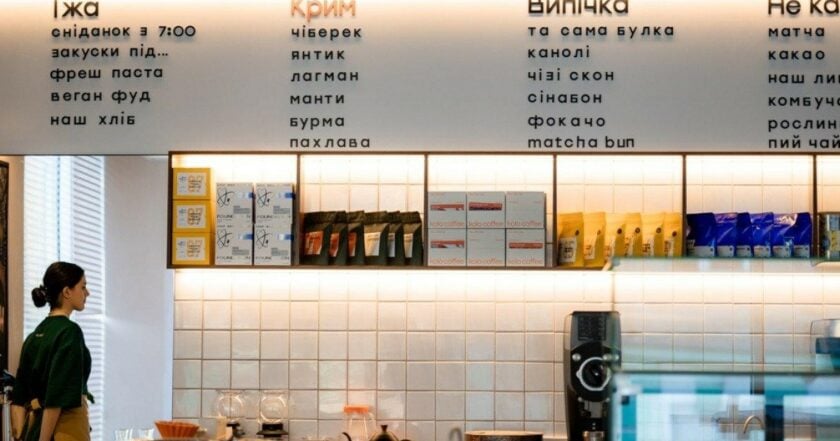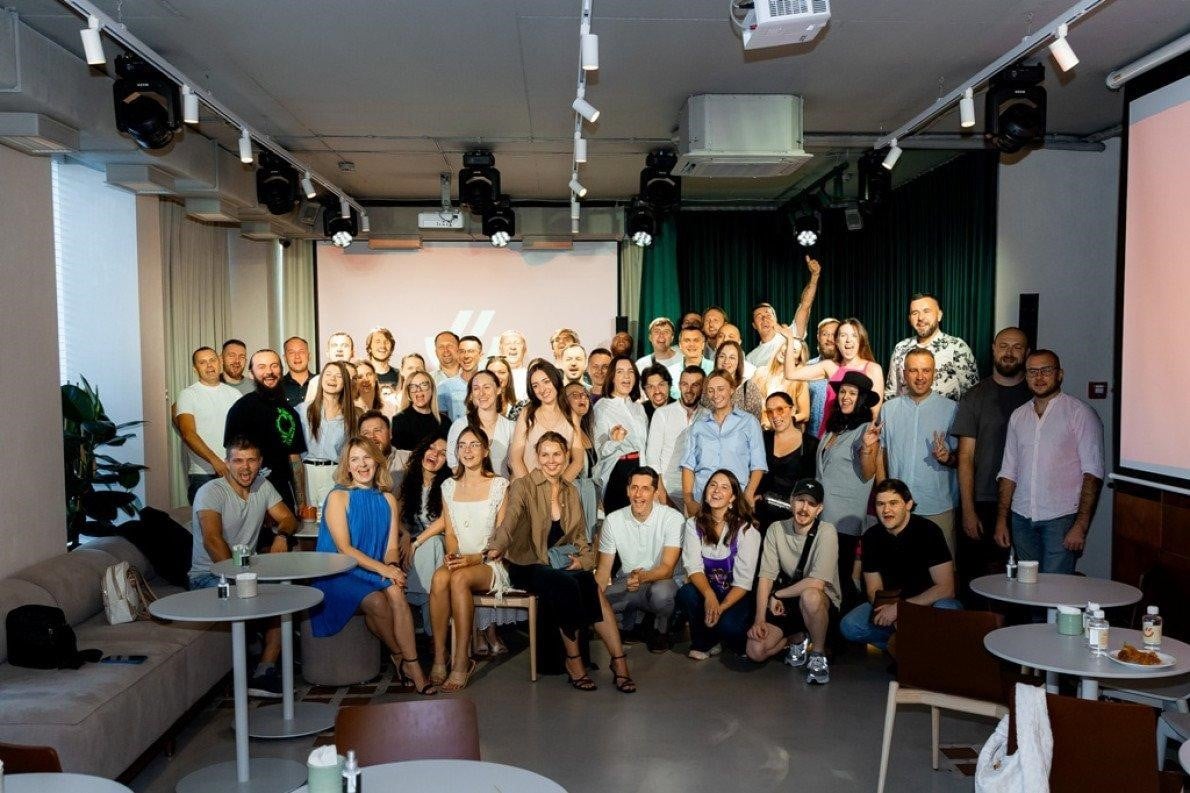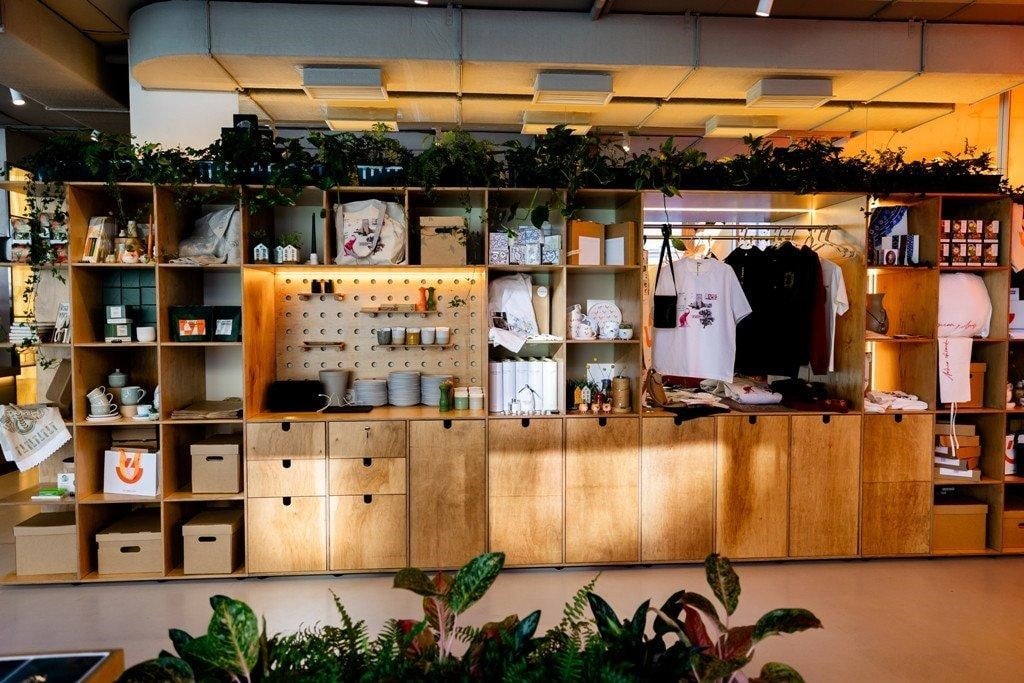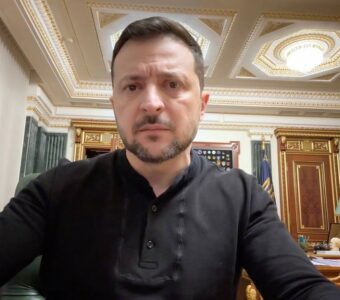Eco-solutions: Lutsk café adopts zero waste policy, eliminates sugar sticks and plastic straws, focuses on recycling

Photo: "Algorithm of Actions"
Lutsk misto.café, in partnership with the NGO "Zero Waste Lutsk," is among the first catering establishments to implement a "zero waste" policy. The café has stopped using sugar packets and plastic straws and actively recycles organic materials and other waste.
Rubryka writes about this.
What is the problem?
An audit at Lutsk's public impact café, misto.café, revealed that 182 kg of waste is produced in one week. About 75% of this waste is organic matter (139 kg). The rest comprises 3 kilograms each of glass and Tetra Paks, 2 kg of metal, 1 kg of paper, and 34 kg of mixed waste.
As the café's communications manager, Iryna Ostapchuk, notes, these are the data from the audit, which was conducted in the first month of operation of the establishment, in September 2024. At that time, the facility was not operating at full capacity, so the numbers in the next audit, planned for March 2025, will be higher.
What is the solution?
The Zero Waste Cities in Ukraine project was launched in May 2024 with the financial backing of the European Union's LIFE program. The project aims to help implement new waste management legislative requirements in Ukrainian cities. The Law "On Waste Management" sets these new standards, calling for restructuring the waste management system in line with EU principles.
Lutsk has joined the project alongside three other cities. Locally, the initiative is supported by the NGO "Zero Waste Lutsk" with misto.café is one of the key projects the organization collaborates closely with.
Together with "Zero Waste Lutsk," the café sorts waste, recycles it, and implements practices to minimize the amount of waste.

Co-founders of the establishment at its reopening. Photo: "Algorithm of Action"
How does it work?
Adjacent to its premises, misto.café features a sorting room dedicated to waste separation.
"Here, the focus is less on sorting and more on the ability to sell sorted waste for recycling. While we can't achieve perfect results immediately, we've already seen some initial success and are committed to further development," Iryna Ostapchuk says.
The café sends its organic waste to the Pasternak BIO worm farm each week for processing. According to misto.café's communications officer, the establishment transferred 2,650 kg of organic material from October to December.
Additionally, 99 kg of coffee grounds collected in the fall are frozen and sent in batches to the Rekava enterprise in Lviv. There, they are processed into eco-friendly containers for aromatic candles. misto.café sells candles branded as Lutsk and Krym. This initiative is an excellent example of a circular economy, notes Iryna Ostapchuk.
The café donates tetra packs to the Vtorma-Volyn enterprise and the rest of the waste to local recycling points in the city.
The café has also done away with sugar sticks, offering sugar in bowls instead. Paper napkins have mainly been replaced by reusable textile napkins for dining and terry towels in the restroom. Plastic straws have been swapped out for reusable metal or disposable bamboo alternatives.

Photo: "Algorithm of Actions"
Next to the bar, the misto.café has a place where visitors can fill their bottles with water and take them. The establishment is also considering options for installing its composter. In addition, in September 2024, the café received a grant of 1,500 euros within the framework of the project "EcoFuture: Youth Project Competition for the European Green Deal" for the arrangement of sorting and implementation of composting solutions.
Iryna Ostapchuk also notes that the entire staff of misto.café adheres to the principle of the zero waste pyramid of eco-activist Bea Johnson both within the café and in their own lives.
"We are proud that Lutsk became one of the first cities to begin implementing a "zero waste" policy in Ukraine. And misto.café is the first catering establishment to begin actively working in this direction," Ostapchuk says.
For reference:
misto.café is a social impact café in Lutsk that opened in September 2024. Founded by 100 co-founders, it allocates 80% of its net profit to city initiatives through grants. The café is currently in its first grant season, so if you're interested in implementing a project to benefit Lutsk, you can find more information on the café's website.
Rubryka also consulted with experts from "Let's Do It Ukraine" and the "Ukrainian Zero Waste Alliance" to share insights on how Ukrainian communities can effectively reduce waste and showcase places where these initiatives are already succeeding.

Solutions from Ukraine: Lutsk welcomes first cafe in Volyn region with 80% of net profit dedicated to community projects

Solutions to win: Lutsk sculpture "collects" donations for Ukraine's demining efforts through art

The missile fired at Lutsk from Belarus hit the oil depot - head of regional administration



















































